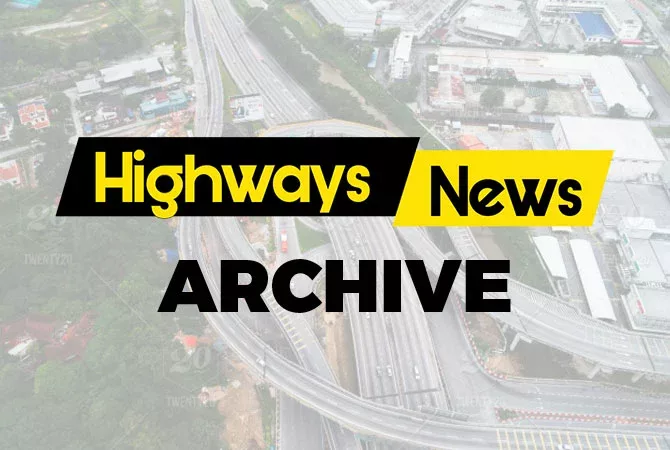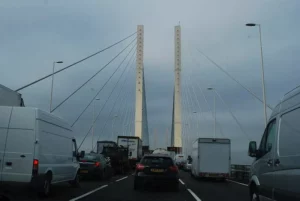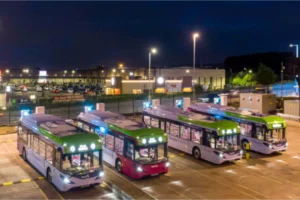The group representing England’s biggest transport authorities has released a four-point list of ways it wants the Government to help it deliver public transport in the coming months.
It says in response to the Coronavirus, it’s facing challenges to deliver growing demand for public transport as restrictions are eased, whilst still maintaining social distancing rules, and also dealing with funding question marks at a time when central government funding is “short-term, fragmented and on a mode-by-mode basis”.
Its four needs from Government are:
- A more collaborative approach to the way in which the Government is
responding to the crisis in order to ensure that it is compatible with what transport authorities can reasonably achieve. - A joint approach to travel demand measures so that public transport demand can be managed in a way which is consistent with protecting the safety of staff and passengers – particularly in relation to a return to work, schools and higher education.
- Greater flexibilities for transport authorities outside London to dynamically manage public transport networks as a whole in an agile and integrated manner, in the same way that London already can.
- Funding for urban transport in the city regions to be routed via city region transport authorities (on the basis of a long-term Government commitment to cover the funding gap from COVID-19) so that transport networks can be planned in an integrated way.
“Responding to the uncertainty and complexity created by the Government’s approach (funding deals usually come through at the eleventh hour) is absorbing a disproportionate amount of time,” UTG Director Jonathan Bray writes, “Time that we could be spending on planning ahead for the wider challenges that COVID-19 presents for public transport.
“Although there is a considerable financial cost associated with dealing with the coronavirus crisis itself, we will also need to continue to invest in urban transport in the future in order to meet wider goals for inclusive economies, carbon reduction, the levelling up agenda and improving air quality. The cost of dealing with this immediate crisis should not mean sacrificing our ability to invest in, and support, the transport policies, programmes and projects which remain essential to addressing these objectives.”





















